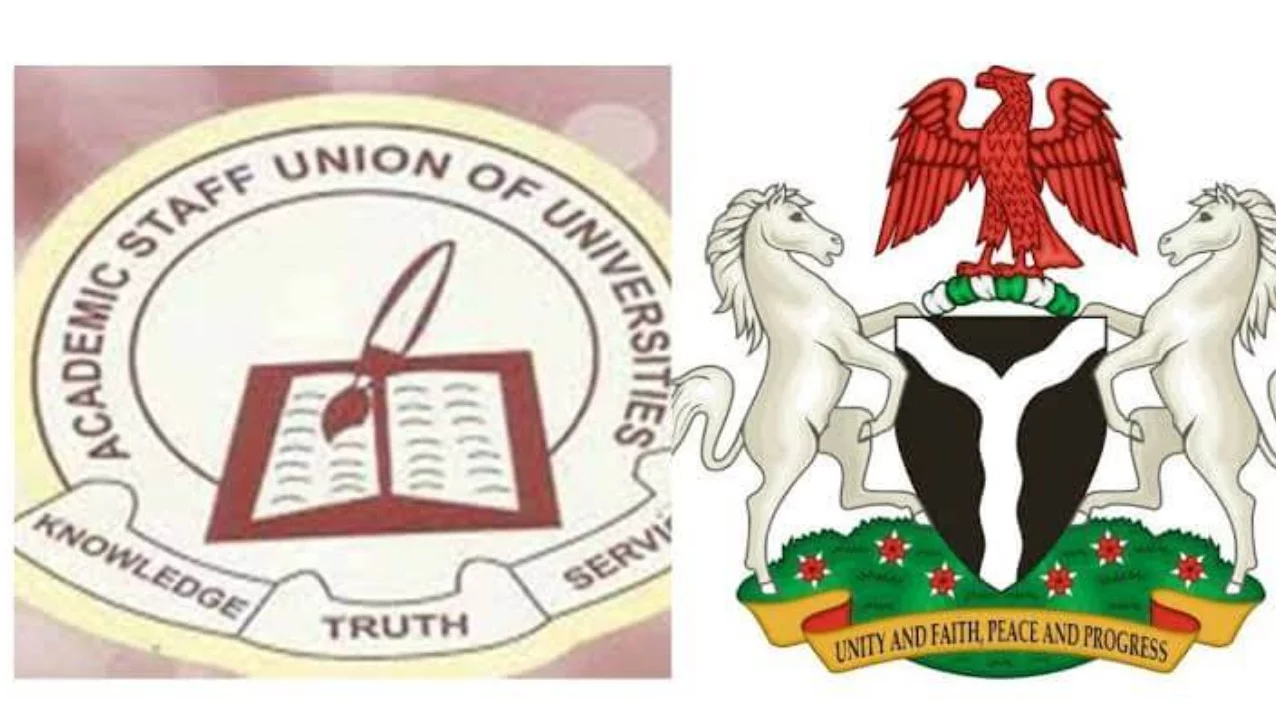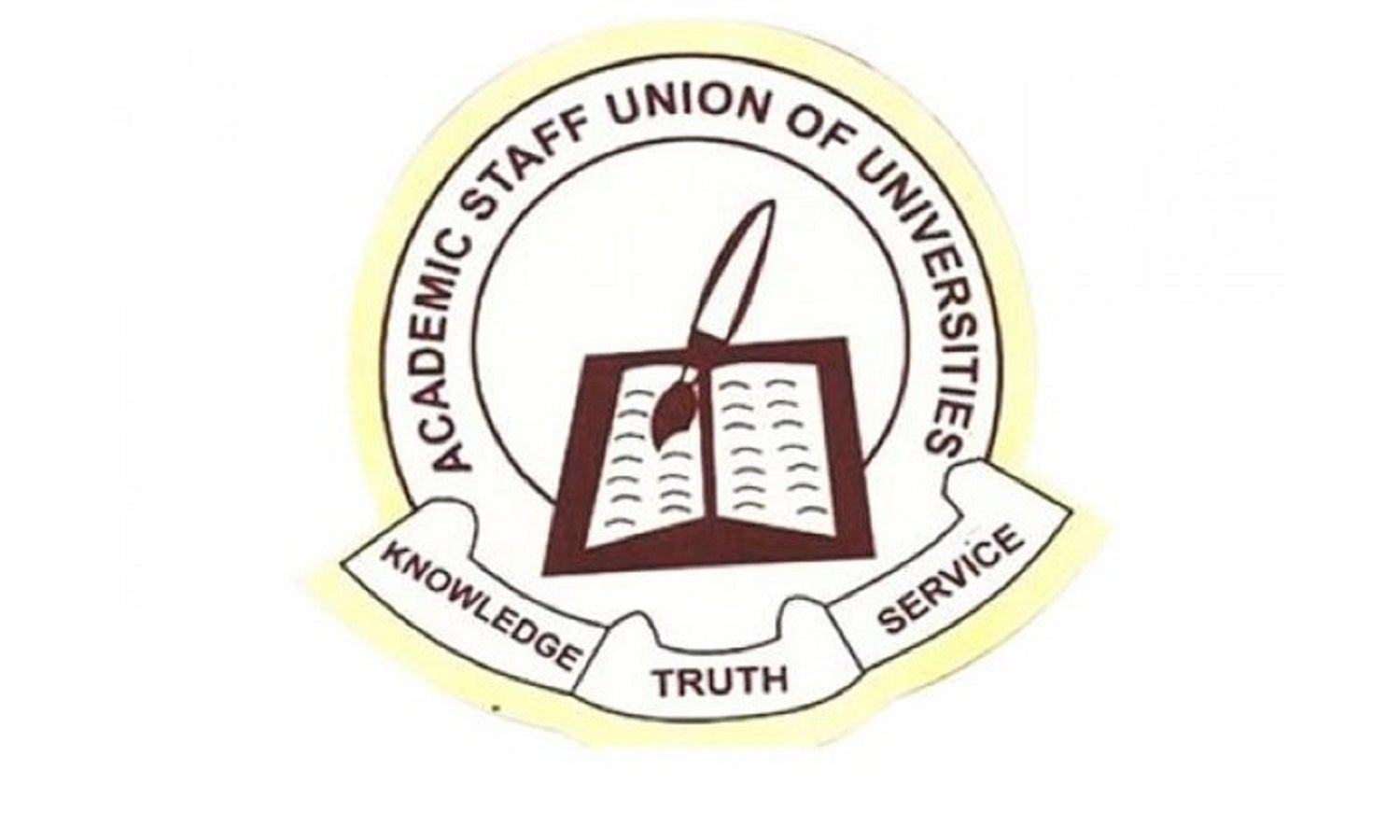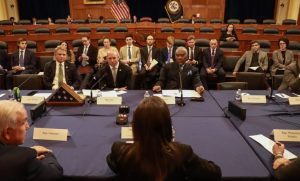Gbajabiamila, AGF, and ASUU meet on IPPIS, UTAS once more.
The Academic Staff Union of Universities, or ASUU, and the Speaker of the House of Representatives, Femi Gbajabiamila, have spoken once more about the ongoing payment dispute between the union and the Federal Government.
On Monday, Gbajabiamila revealed this while posting pictures from the meeting on his Facebook page.
Recall that the Speaker of the House of Representatives intervened between ASUU and the Federal Government, leading to the suspension of its eight-month strike.
In its demands, the union demanded that the government accept its own University Transparency and Accountability Solution, UTAS, in place of the Integrated Payroll and Personnel Information System (IPPIS).
The Speaker stated that the meeting’s goal was to come to a consensus on how to implement the unique needs of lecturers into the Integrated Personnel and Payroll Information System, noting that this was a key component of the agreement that resulted in the suspension of the eight-month strike by ASUU.
“The main issue for discussion today, which was one of the major areas of conflict, was the issue of the payment platform. Whether or not, or how to deal with the issue of UTAS as opposed to IPPIS.
“If you recollect on that issue, we did agree that we will marry both, whilst IPPIS will remain the platform, that the government will bring in the aspects and the areas under UTAS that are specific to the universities and assimilate those areas into IPPIS, I believe that was what was agreed by both sides when we had our last two meetings,” he said.
The National President of ASUU, Prof. Emmanuel Osodeke, led the ASUU delegation, which also included the Accountant-General of the Federation.













